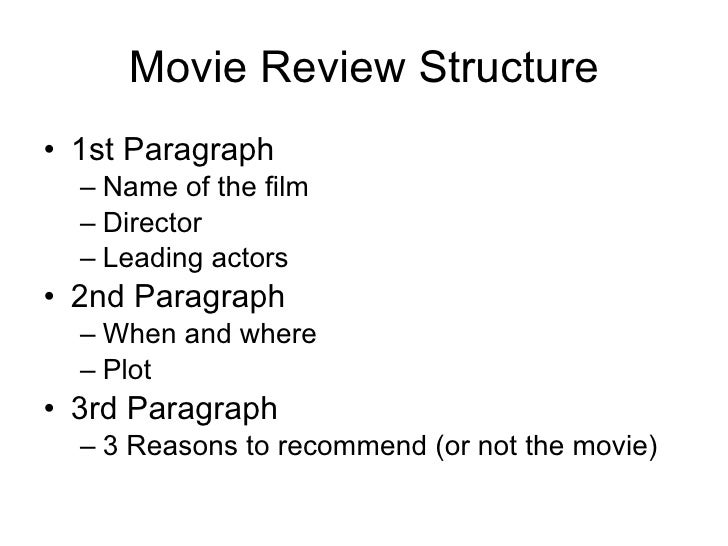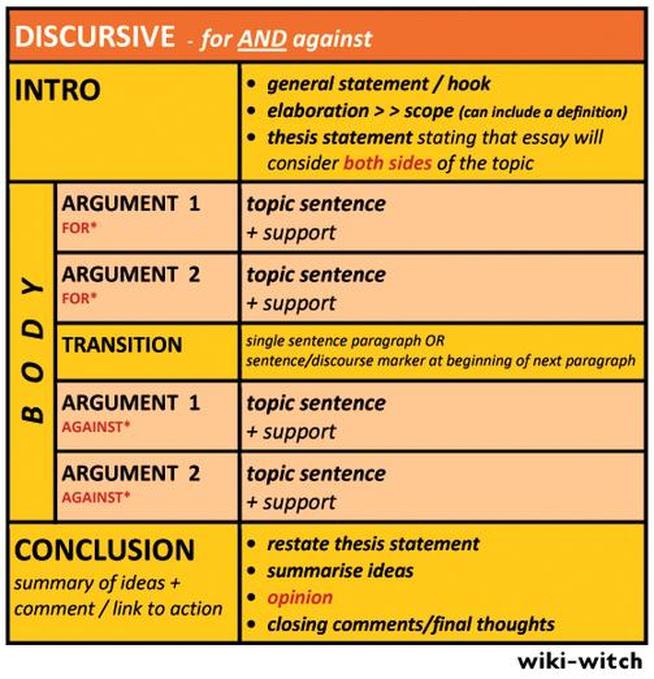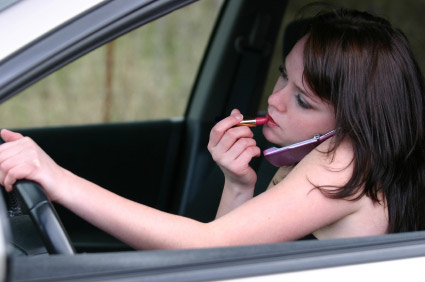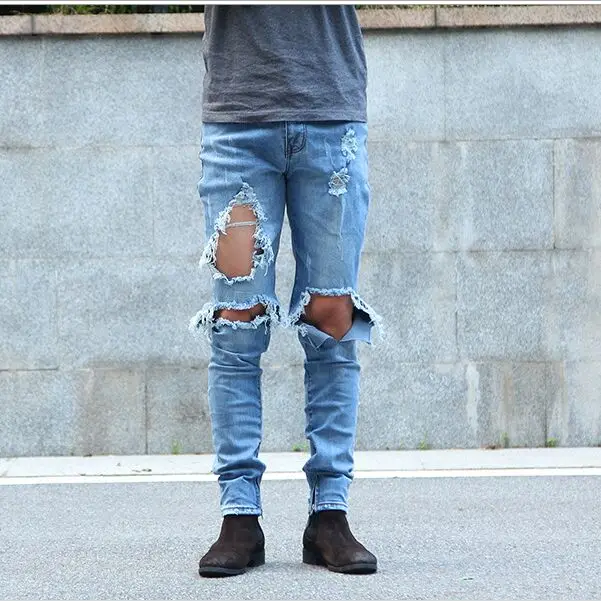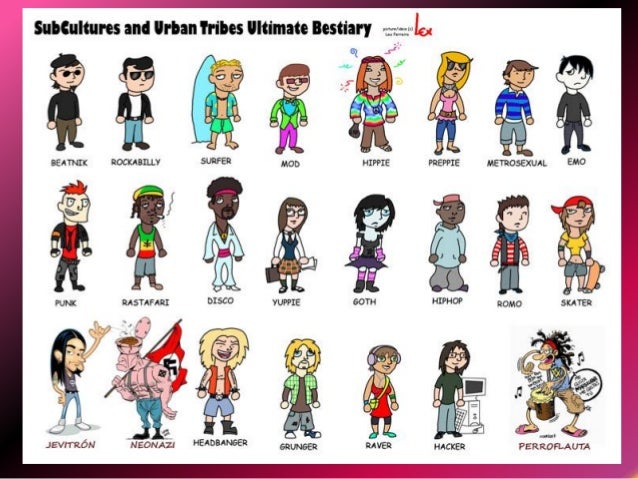WHAT TYPE OF PROGRAMME IS IT? WHAT CAN YOU SEE IN THE PICTURE? WHAT ARE THESE PEOPLE DOING?
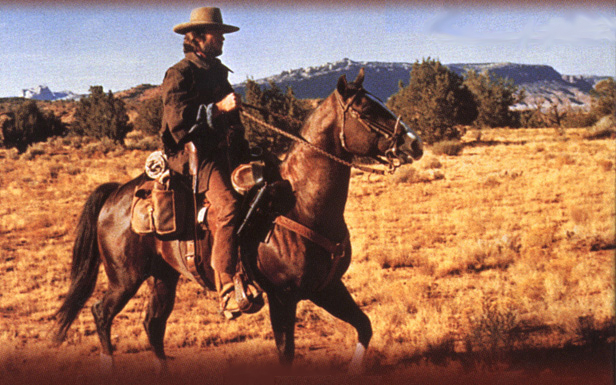



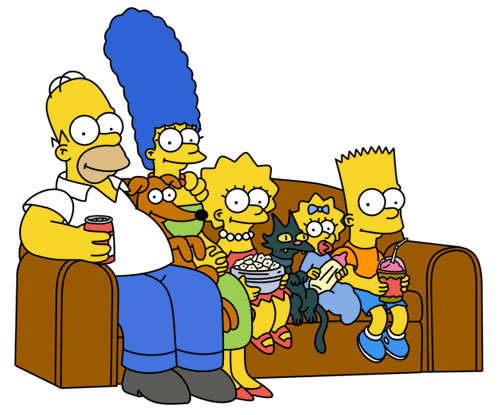
USEFUL VOCABULARY
|
On TV
|
FILMS
|
PEOPLE
|
|
Soap opera
Sitcom
Music programme
Sports programme
Weather forecast
Talk show
Quiz show
Reality show
Commercials
|
Drama
Documentary
Sci-fi
Adventure
Romantic
Romantic comedy
Horror
Musical
Western
|
Weather broadcaster
Tv presenter
Actor
Actress
Newsreader
Character
Host
Hostess
|
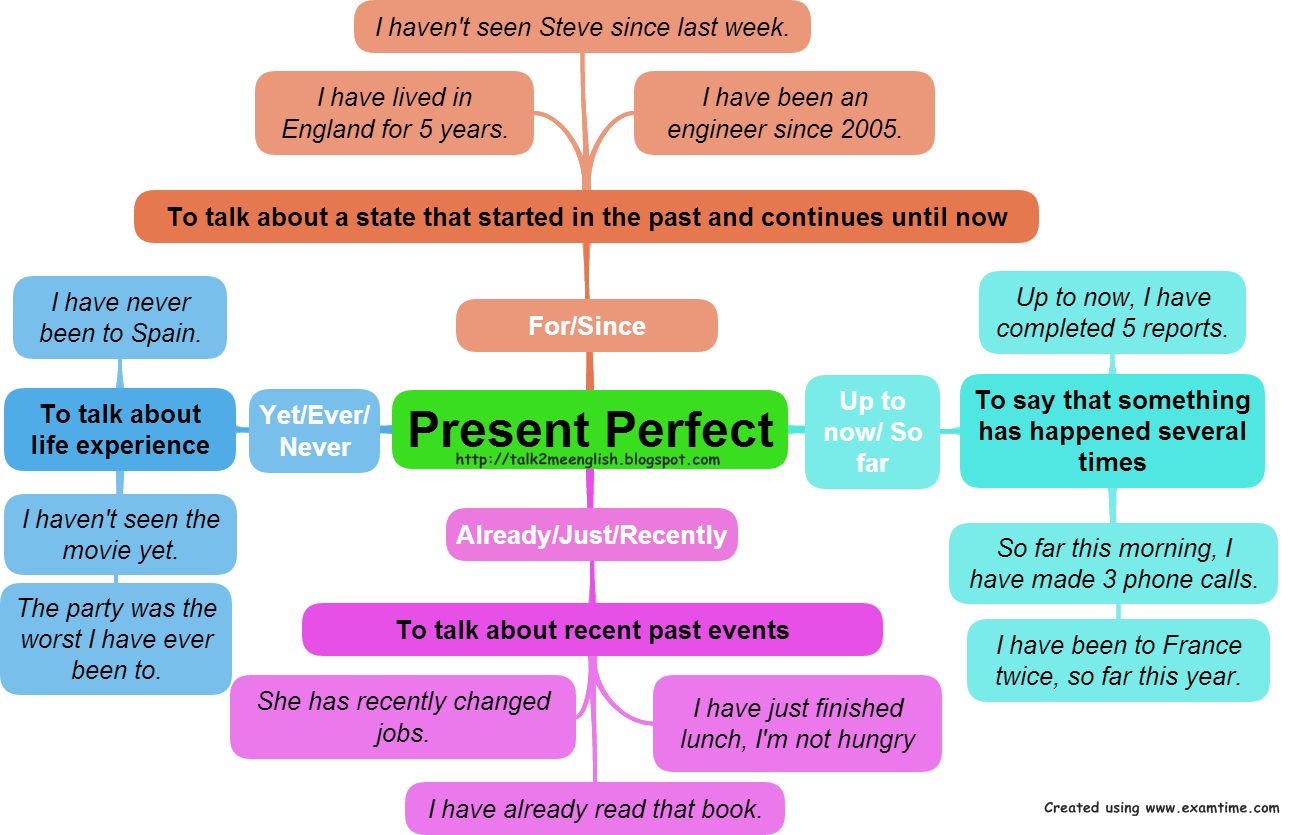
LINKS TO GRAMMAR
http://www.perfect-english-grammar.com/present-perfect-exercises.html
http://www.agendaweb.org/verbs/present_perfect-exercises.html
HISTORICAL RE ENACTMENT
BATTEL OF HASTINGS

WRITING
